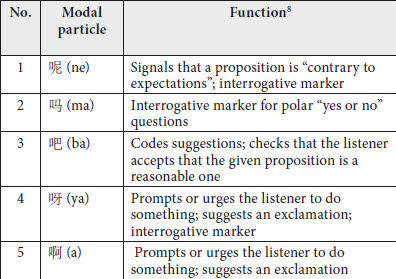In our Global Health class, regardless of the topic, our conversation seems to end up circling around nationalism: is it good, is it bad, is it necessary, do we have a choice regardless, etc. Generally speaking, we have yet to reach a satisfying conclusion about any of these questions, and I’m not sure any exists. For this reflection, I want to take a couple of these questions about nationalism and discuss them in the context of one of our class topics: Taiwan’s National Health Insurance. By looking at the NHI, we can see how nationalism, even when acting as a force for good, struggles against the problems of representation and inclusion defined by the boundaries of a nation.
To start, let’s look at the good. Taiwan’s National Health Insurance is upheld as a global gold standard for providing comprehensive and affordable national health care. With low premiums and copays, the NHI has achieved high satisfaction rates among Taiwanese people since its implementation in the 1990s. From my perspective as an American, the NHI is part of my cultural grammar relating to Taiwan’s civil sphere, a point of Taiwanese national pride. At my American university, I have a couple of Taiwanese friends who have brought up on separate occasions how much better the Taiwanese health care system is compared to the services provided in America. My friends here in Taiwan have expressed similar sentiments, taking pride in the success of a national healthcare system where so many other countries have failed. This point of a collective agreement, referred to as policy to solidarity, is an excellent example of how nationalism can unify an imagined community.
Now, onto the bad. One article we read for the class contains the phrase, “Solidarity with Whom?” in the title, an apt sentiment in describing why national institutions such as the NHI still carry the baggage of nationalism. The Taiwanese National Healthcare System is invariably confined by the limits of a Nation and its imagined community, a process that can only exist while there are Others on the outside looking in. It is never easy to define who comprises a nation, but Taiwan takes this ordinarily complicated process, sprinkles in 300 years of colonial history, and then throws it into the South China Sea to be circled like sharks by the world’s most powerful nations. As a globally focused country with old immigrants, new immigrants, migrant workers, and students, trying to define who is Taiwanese or Taiwanese culture is an impossible task. So, rather than determining who is included in the National Healthcare System, who isn’t included becomes the question at hand, creating a natural opposition on the self-other binary.
First and foremost, citizens of the People’s Republic of China are explicitly excluded from participation in the NHI, with exceptions only being made for exchange professionals. Additionally, groups on the margins, such as exchange students and migrant workers, must live in Taiwan for a set time before being included in the coverage. This is not to say that I disagree with these set boundaries in the context of the NHI, and I will come back to these from another angle very soon. However, systems such as the NHI, a point of National Pride and acceptable exclusionary rhetoric, influence discourse along the self-Other binary and often further the divisions set along state boundaries. When the state becomes misconstrued as the nation, an increasingly common line of thought as global tensions rise in the post-pandemic era, the power to define the nation is handed to the state, and those who exist in the margins are left with even less of a voice than before.
Finally, I will ask the question: is nationalism a necessary process? I could sit here and write page after page hating on the exclusionary elements of the NHI, but at the end of the day, not only does the system work, but it works better than almost any other health care system ever. It would be beautiful to include everyone in the coverage of the NHI and deconstruct the borders of Earth’s nations built along arbitrary state lines, but there is currently no sustainable future for that system. When we did our thought experiment in class, creating a hypothetical American National healthcare system and writing down any group we included in our imagined community, once the question of “now, who is first to go” was raised, the room became noticeably quieter. Politics are full of tough choices, and more often than not, it’s hard enough to put any system in place, let alone change the entire global state-centric perspective. I am not arguing that it is impossible, but I will take the stance that for now, nationalism as a force for good has benefits that are worth still utilizing, be it fighting a pandemic, funding support for another country, or providing comprehensive borders for policy despite its flaws, as it is the only way I have been exposed to that is effective within the current system. What cannot be overlooked is the kind of nationalism appealed to, and who is placed on the outside looking.



